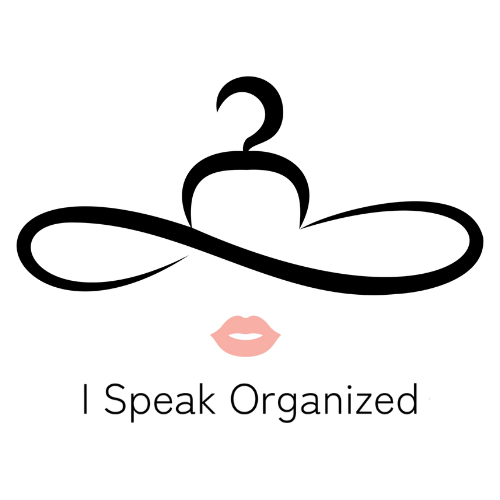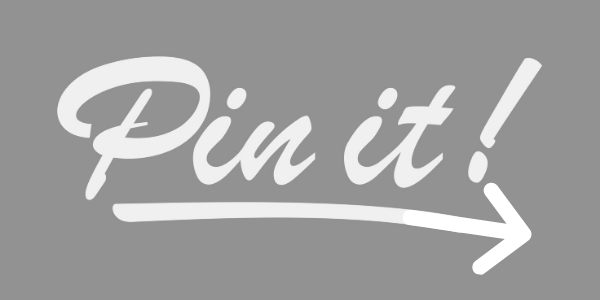4 Scientific Reasons to Wake Up Early
3 minute read
What you’ll get from this article | Quick Navigation Links
Any night owl will laugh at the notion, roll their eyes, and rage quit this article. This post isn’t for them, although I think they’re missing out! There’s an entire group of scientists and doctors out there spending their lives studying and reporting the health benefits of waking up early. For the record, before I had kids I was a notorious night owl and often didn’t even go out for an evening until 10 PM. Granted, at the time I wasn’t always interested in being my best self, living up to my full potential or pursuing meaningful life goals.
There are tons of smart, successful night owls out there. However, there are still plenty of us that simply just need to be at peak functionality during the day. This change in habit is directed towards that group. If you consistently run late and hit the snooze button a lot, I can assume you want to do better. We’re going to stick to that, so let’s keep going!
The reason waking up early will make you more productive is simple.
You’ll be getting more sleep. Um... what? That makes no sense. Think about it. Most people who rise early choose a slightly earlier bedtime- say, 9:30. Even if you don’t fall asleep until 10:30 you can still get 8 solid hours and be up by 6:30. If you fall into bed at 1:00 and need to get up at 6:30, you’re likely looking at 5-ish hours spent waking up looking at the clock to see how much longer you’ve got until your alarm blares. At that point, you’re tired and hitting the snooze button.
Then there’s sleep inertia.
Sleep inertia is that groggy, sluggish feeling we all often experience immediately upon waking up. It can be worse depending on when in your sleep cycle you are roused. Most sleep cycles are around 90 minutes and if your alarm goes off in the middle of a cycle, it’s not exactly a fun time. Studies show that sleep inertia lasts anywhere from 2 to 4 hours before your brain is fully fired up and ready to rock.
So let’s think about that. If you hit snooze and wake up at 7:45 to be at work for a meeting by 9… you may lack the mental clarity to be productive until 9:45 at the earliest. Getting up a little earlier may allow you more working hours to be productive.
Does being early = more success in life?
Studies also show that people who wake up early position themselves to be more successful. This is supposedly because they’re more proactive during the hours of active participation at work or in school. People also tend to be rewarded for being early. That single behavior is viewed favorably if you’re looking for a promotion, which seems to make sense. If you’re more proactive at night during most people’s downtime, you must rely on yourself to get the job done. The people you could’ve used as resources are checked out for the day.
It’s also important to note that lack of sleep can compromise your immune system enough to increase your chances of getting sick. Lack of sleep also affects your body’s ability to fight infection once you’ve come down with something. If you’re getting a lot of colds and not feeling your best, you’ll likely spend more hours needing to rest and recover. Shift your sleeping habits to an earlier bedtime, get better quality sleep, have better energy when it counts, and stay healthier.
Additional ways to help adjust to waking up earlier -
Get outside first thing in the morning. Daylight regulates melatonin and will reset your circadian cycles towards morningness.
Breathing exercises. Fresh air stimulates your senses.
Go for a morning walk or do some bedside stretching. Increased circulation will help you feel more energized and limber for the day.
Even if you’re a night owl like me, waking up early could be a good habit to increase productivity and the new year is a great excuse to try a new routine. Comment below and tell me about your sleep habits. Are you an early bird or a night owl? How does a change in that routine affect your day?





